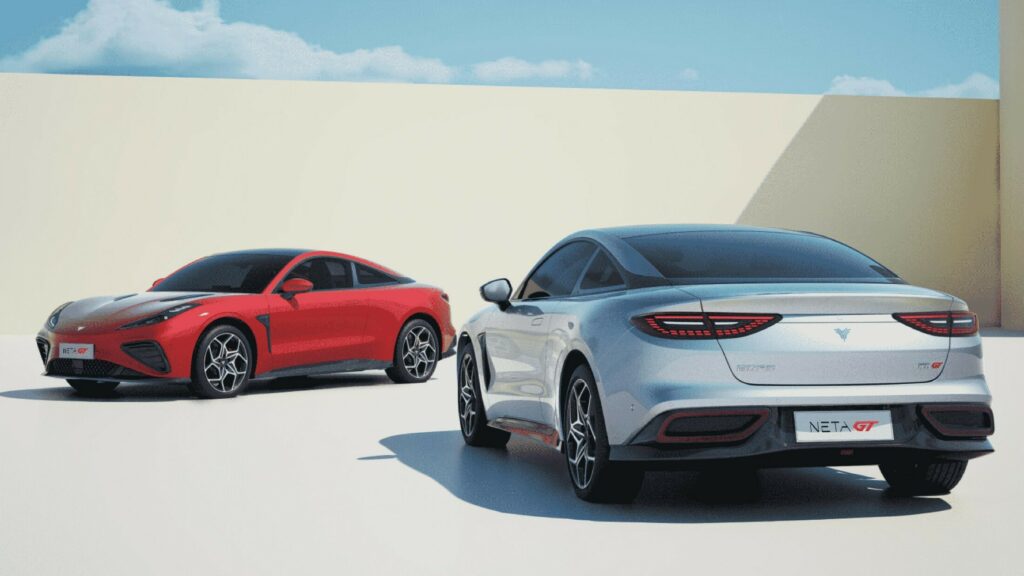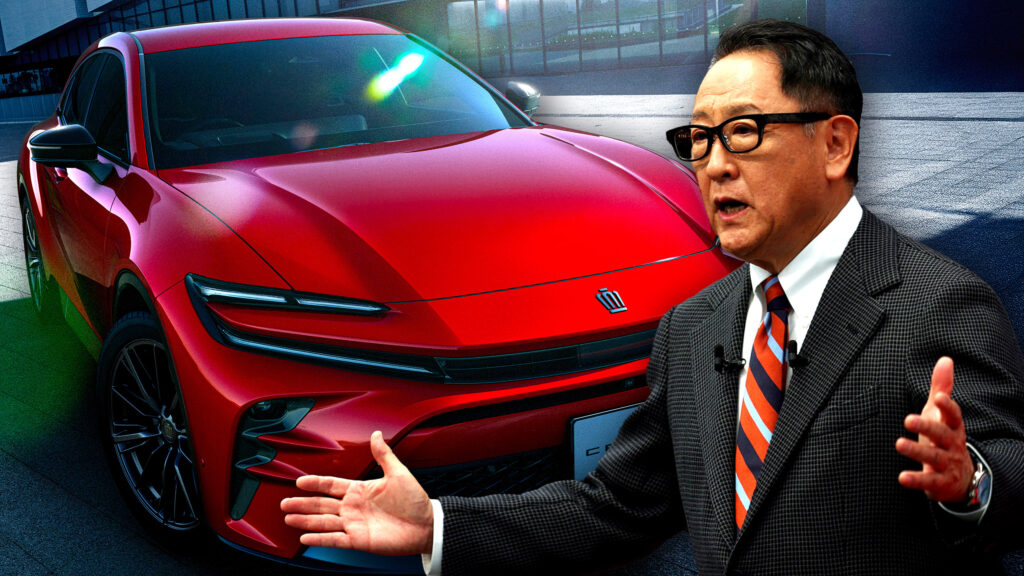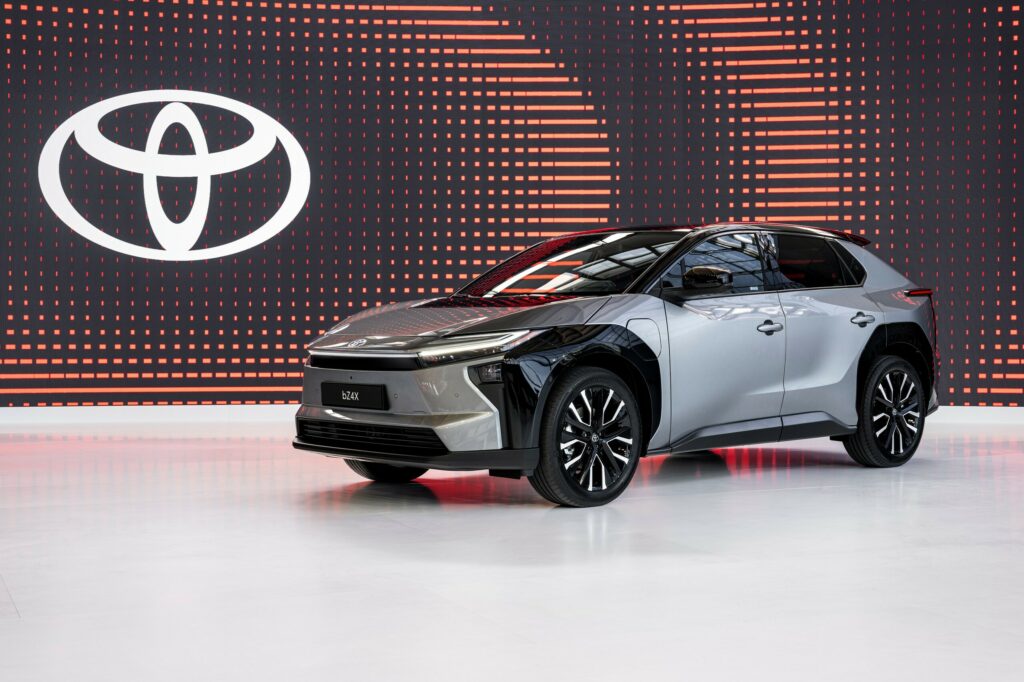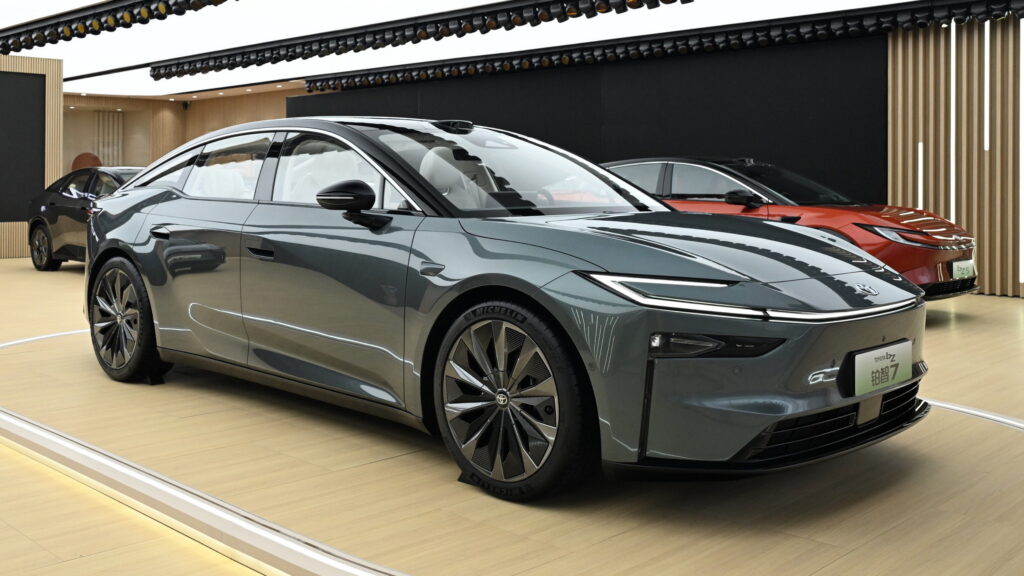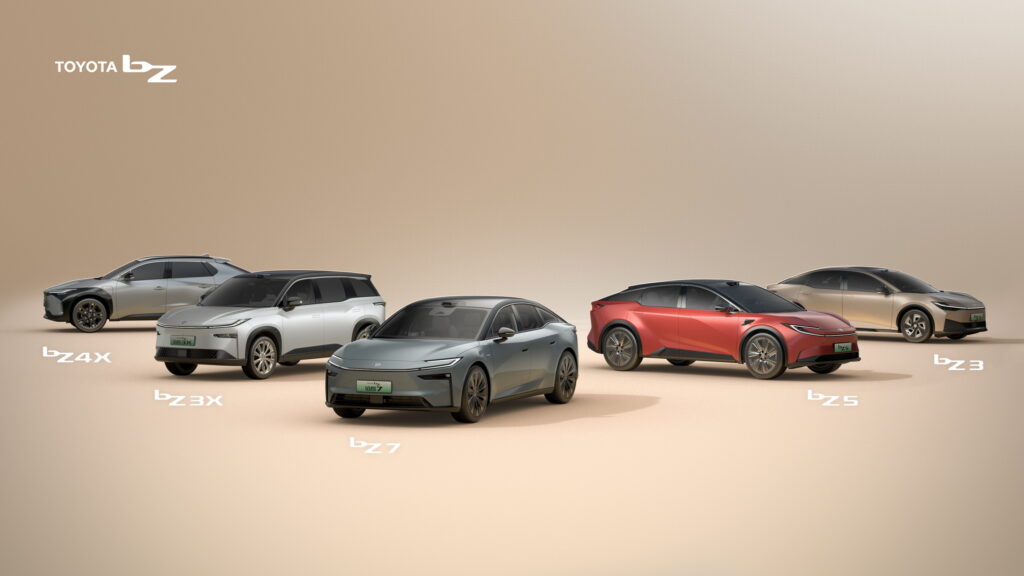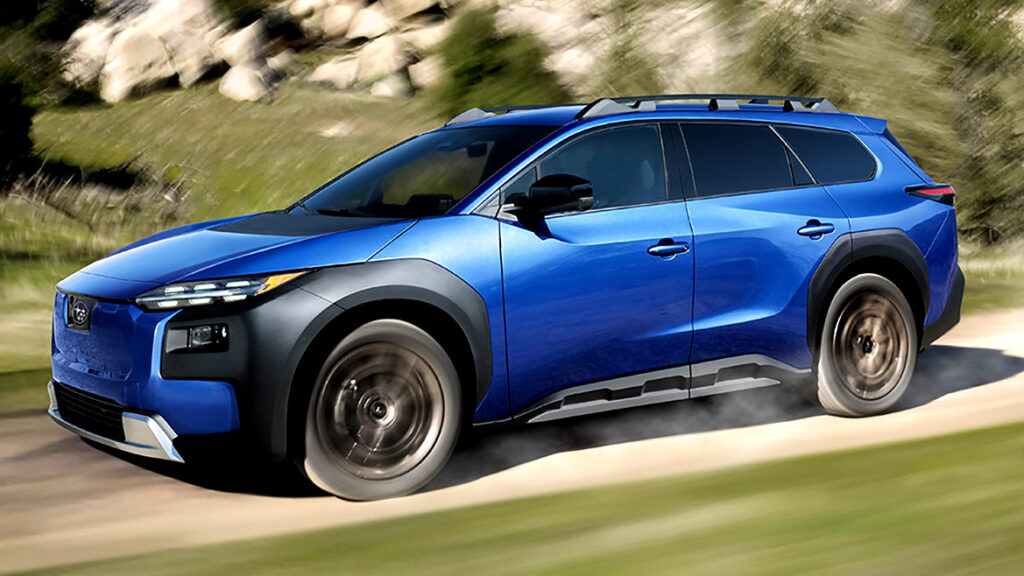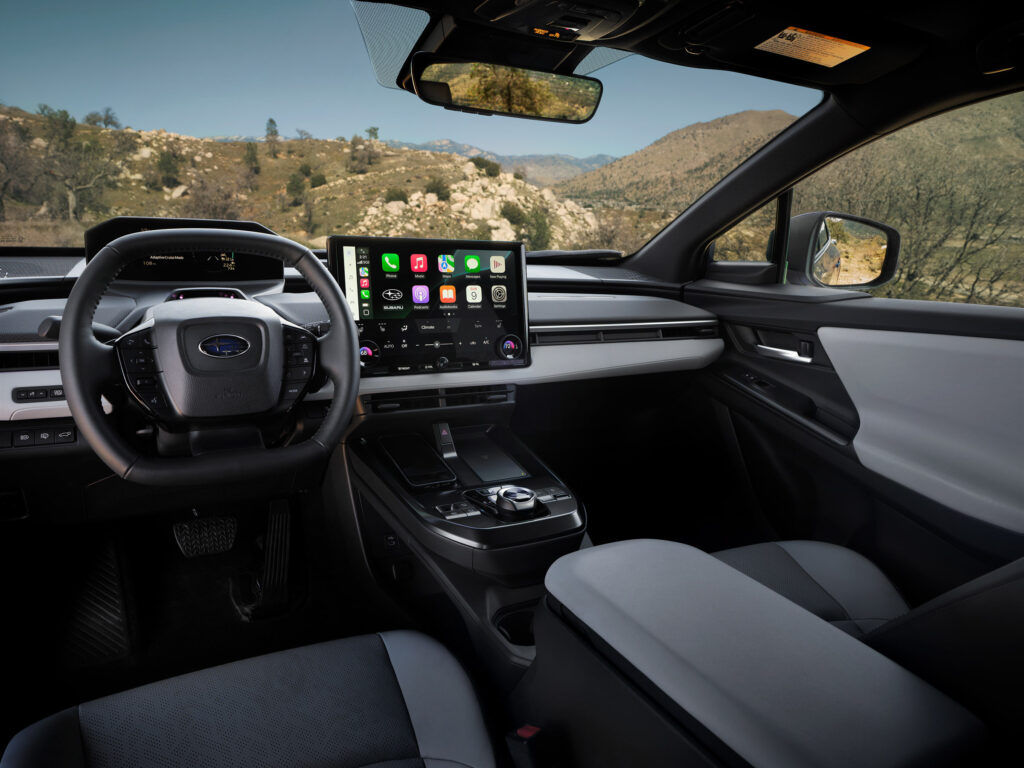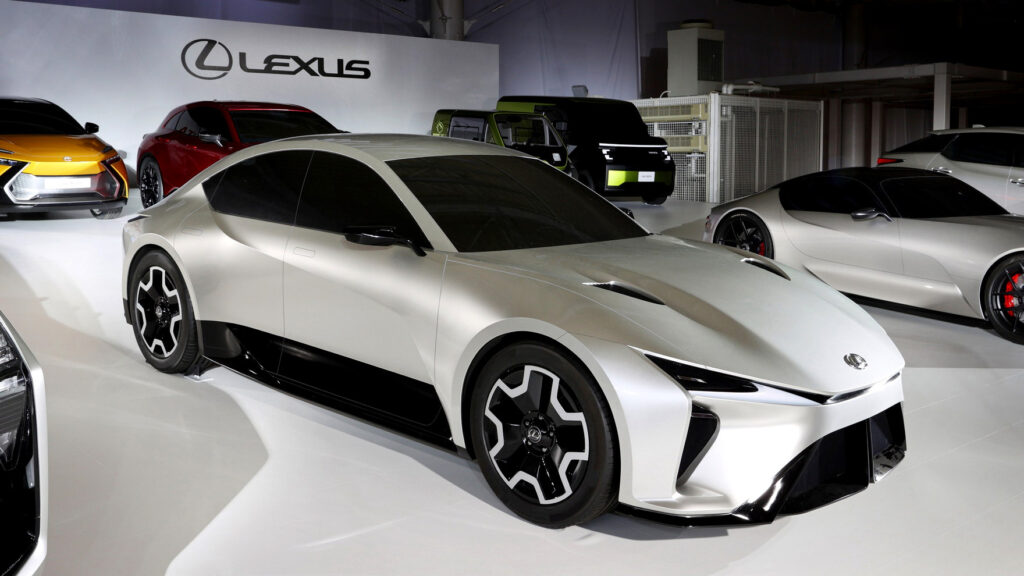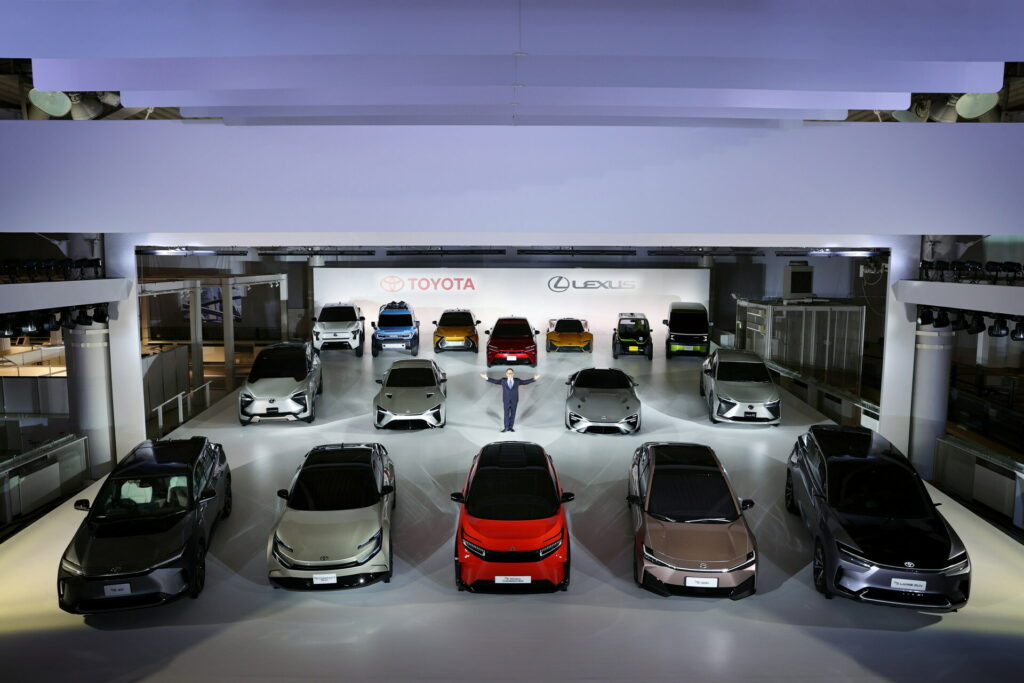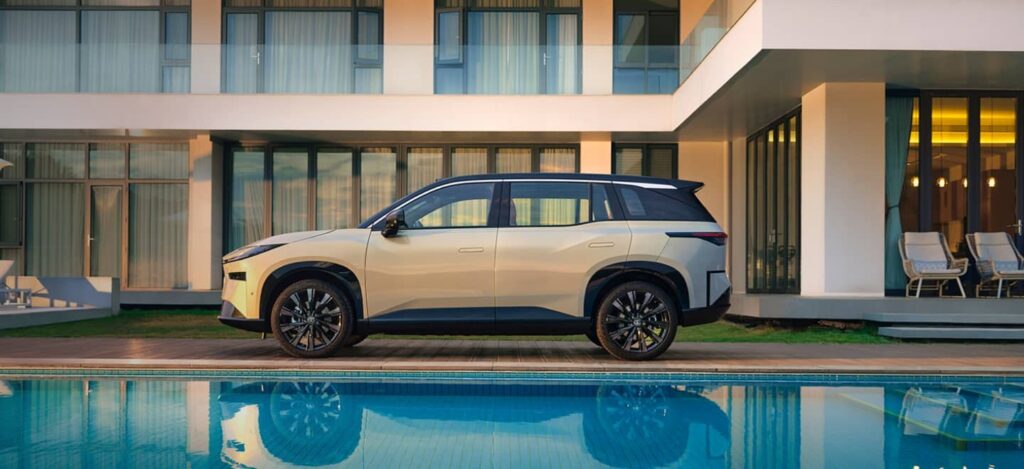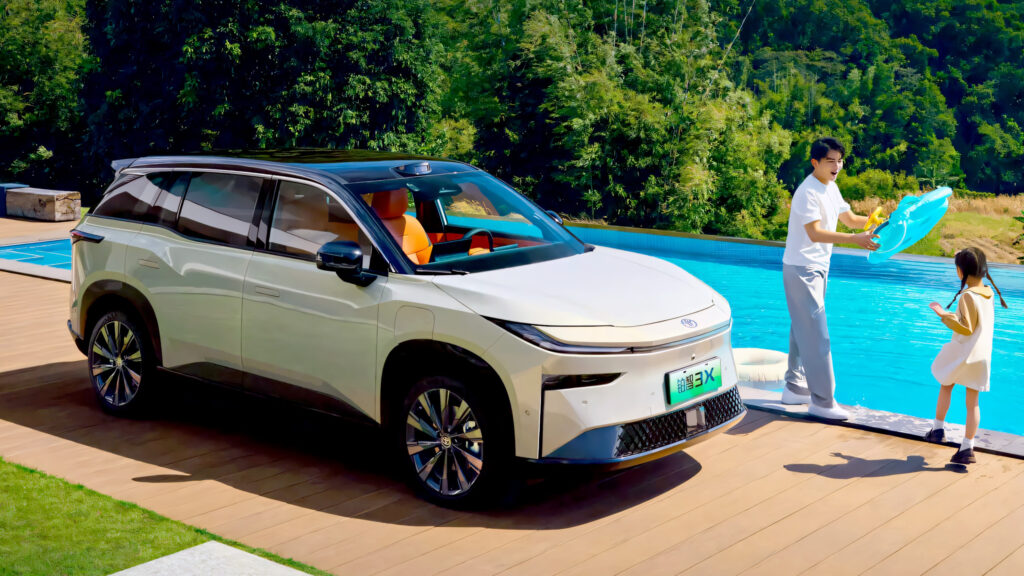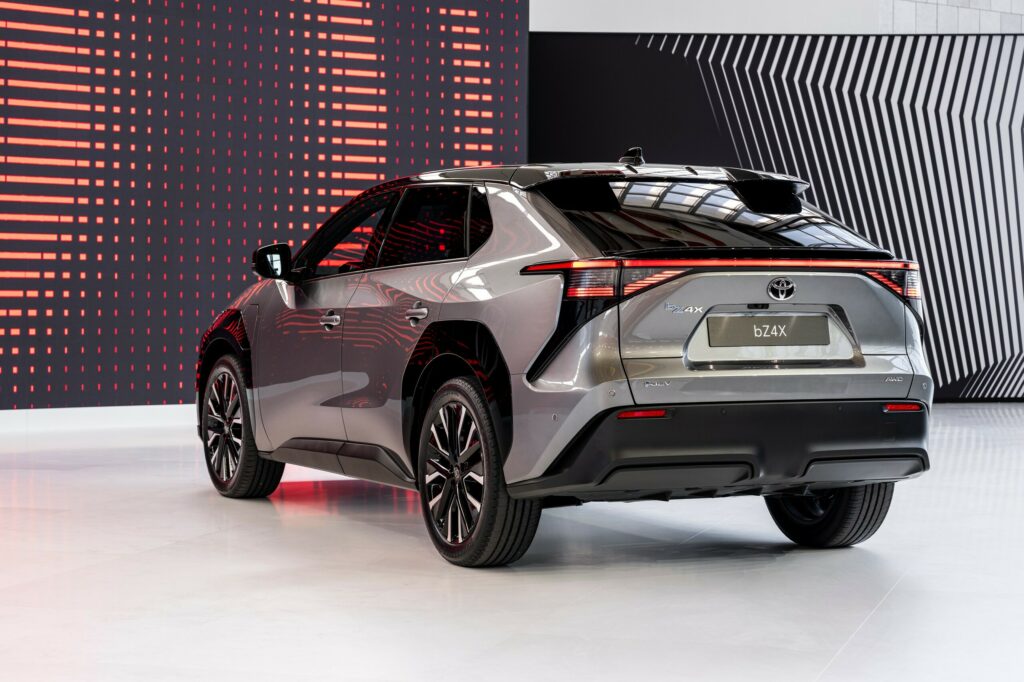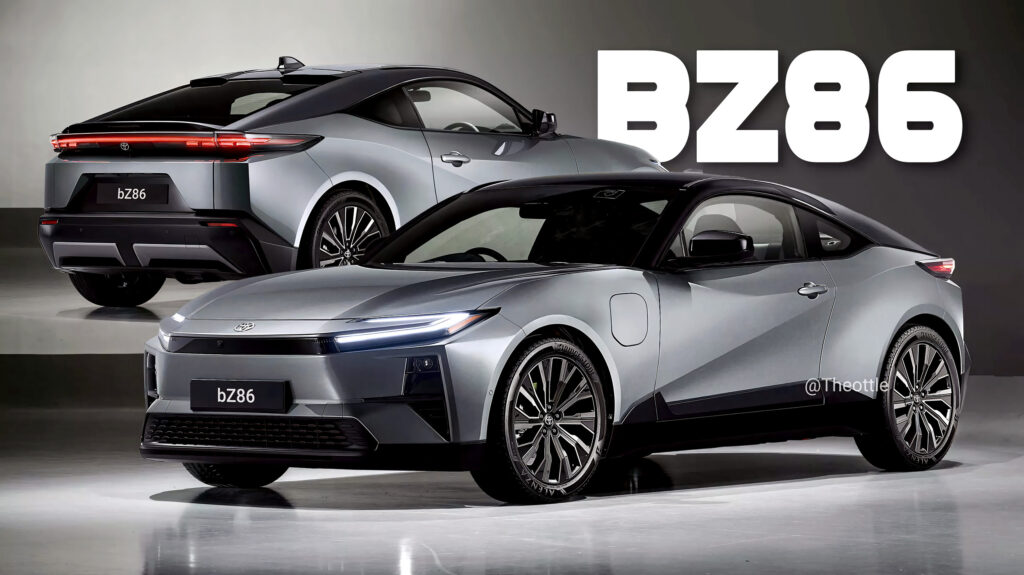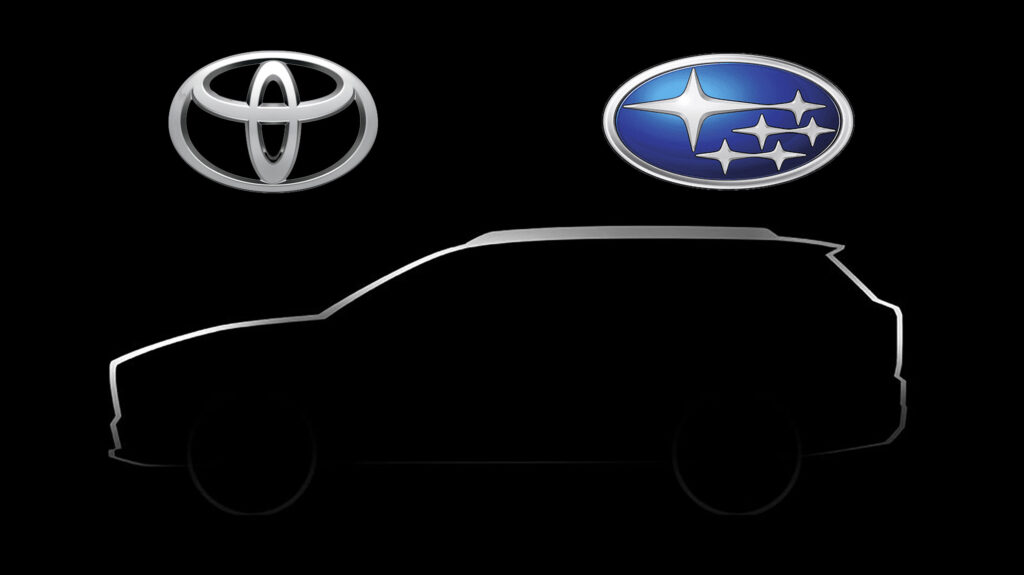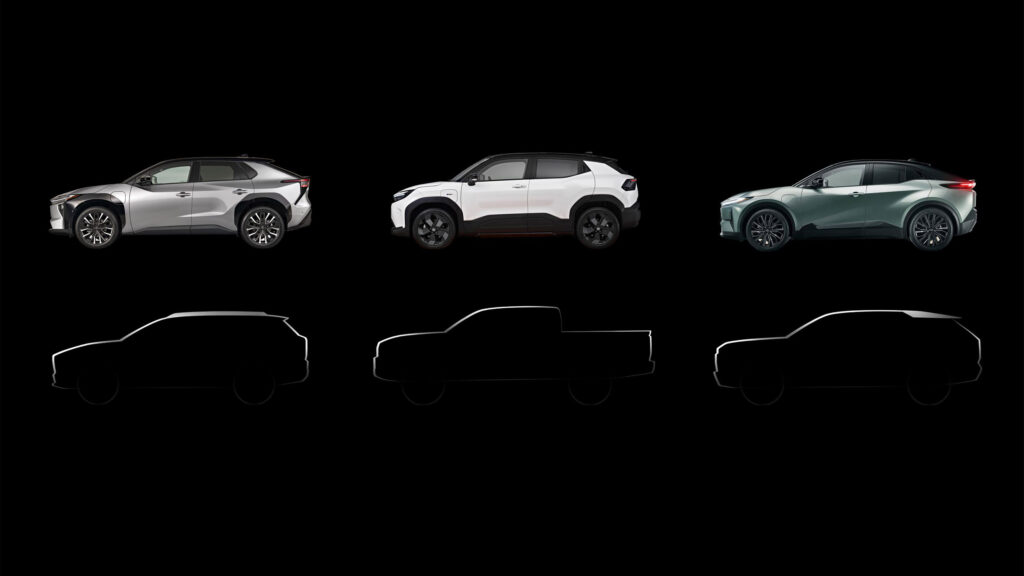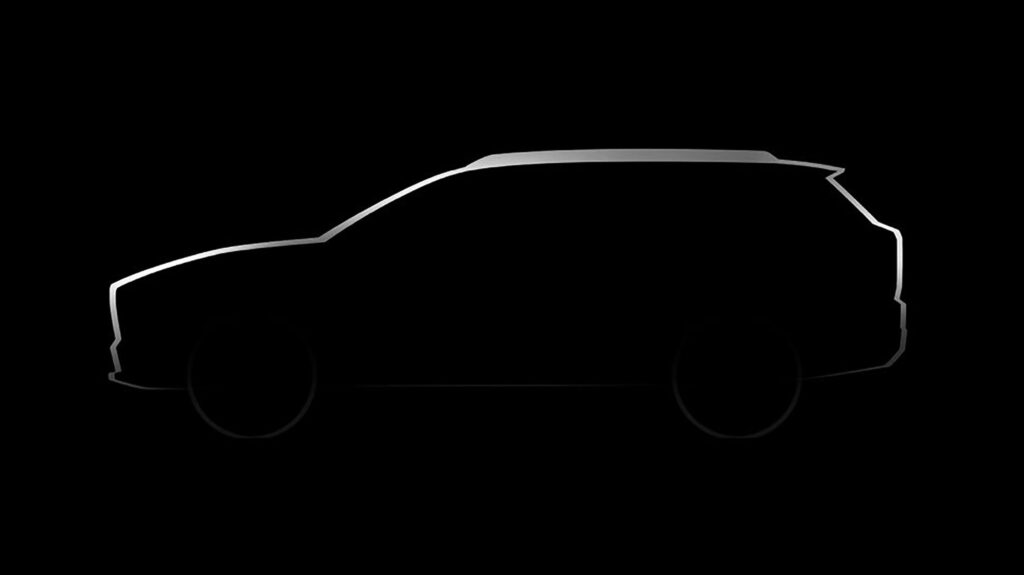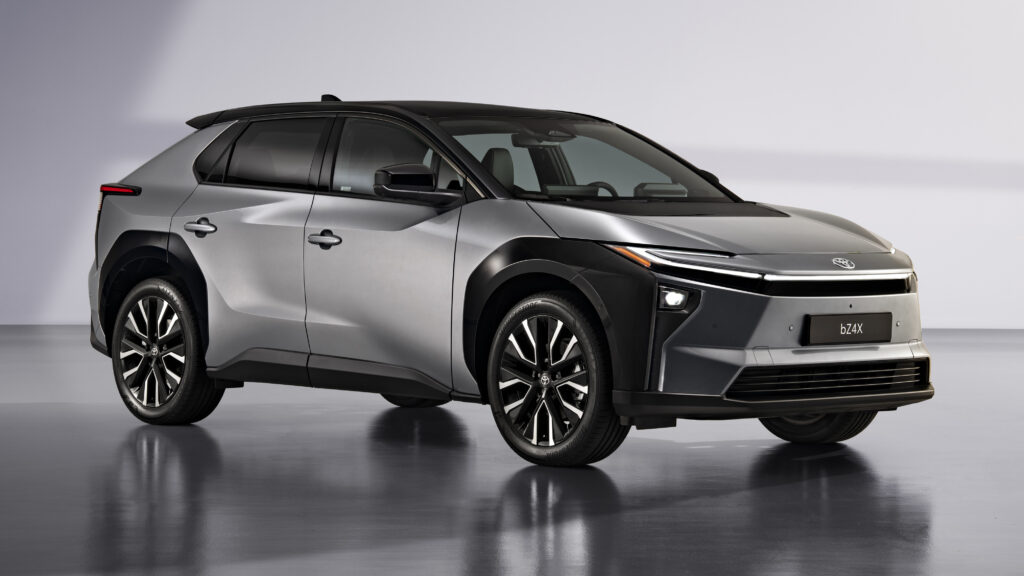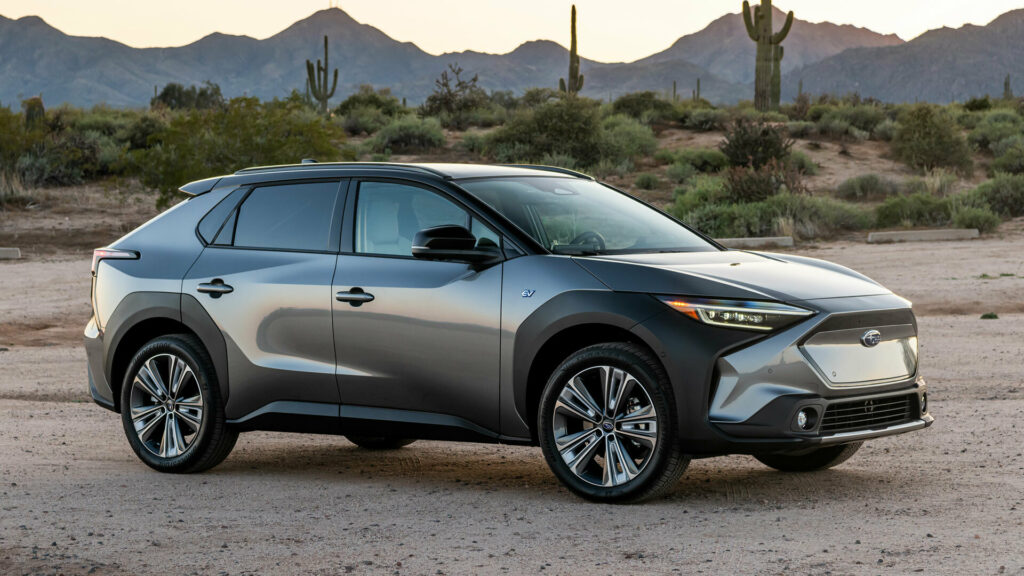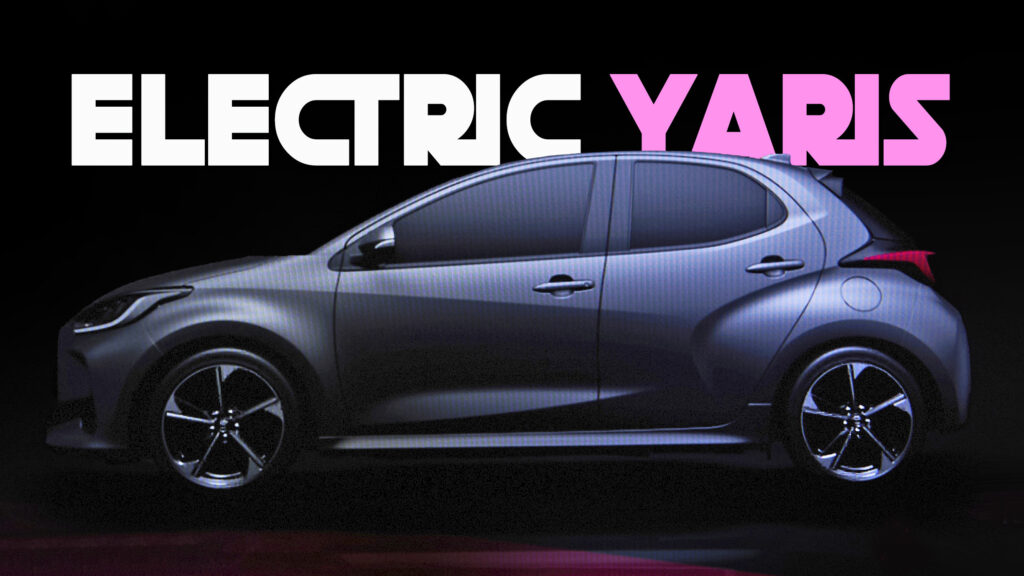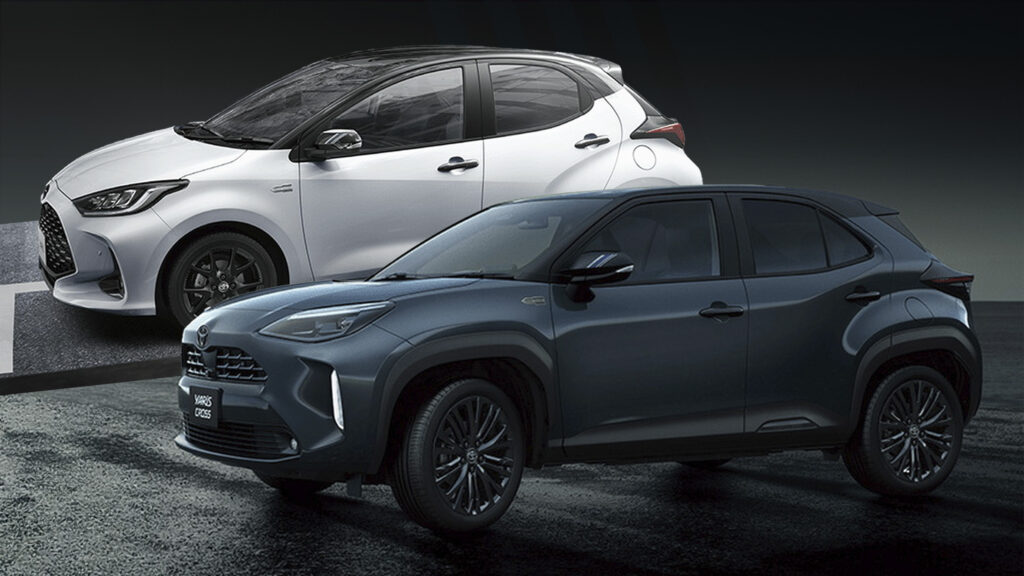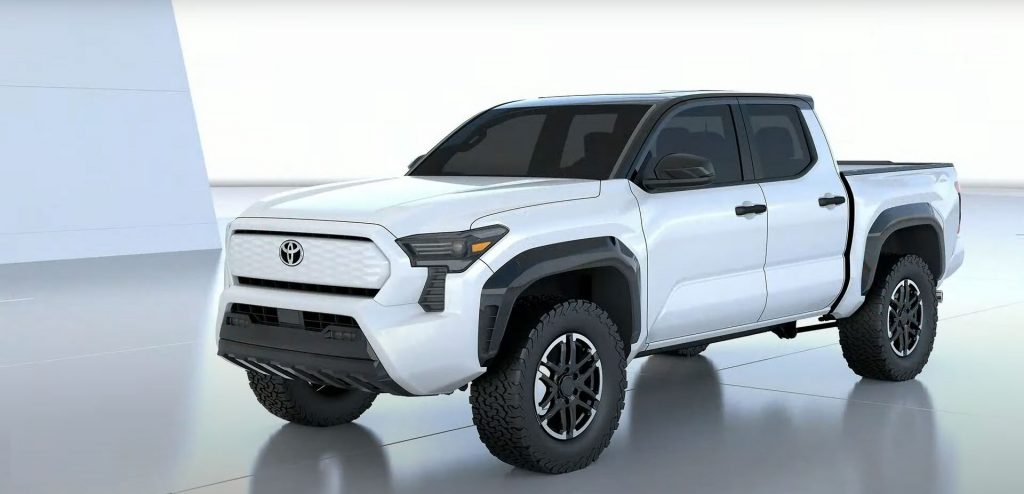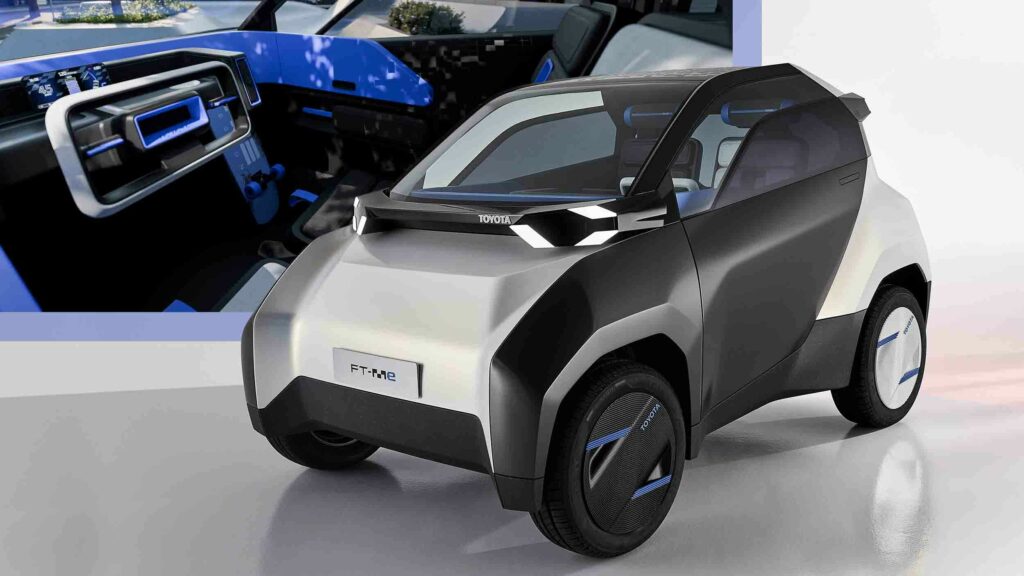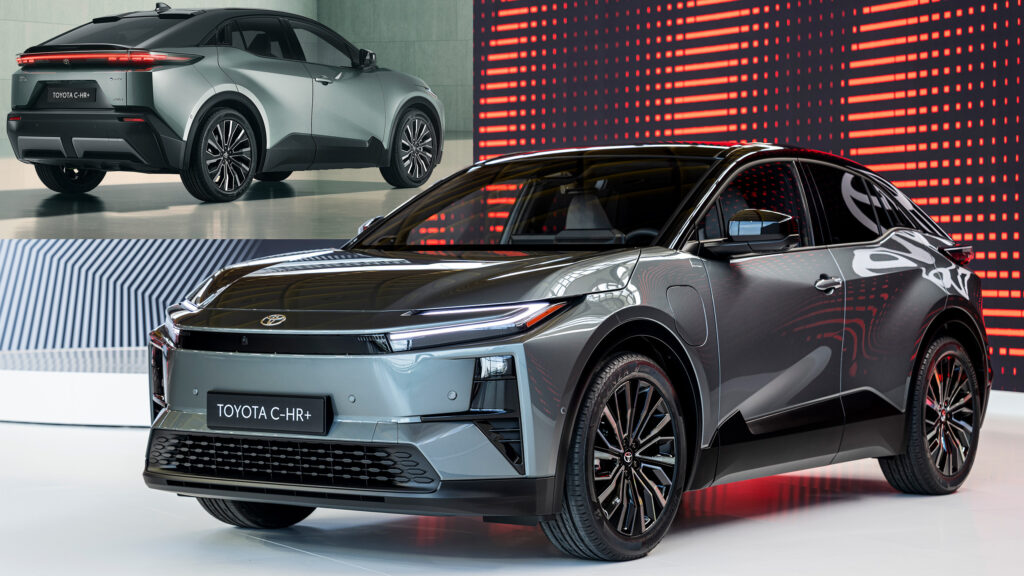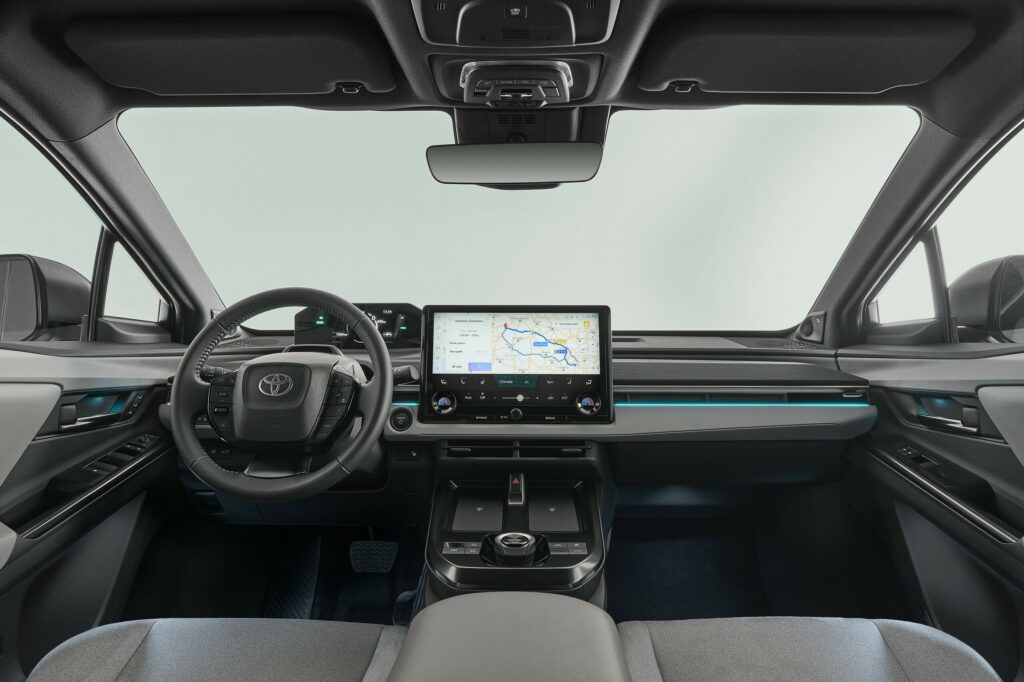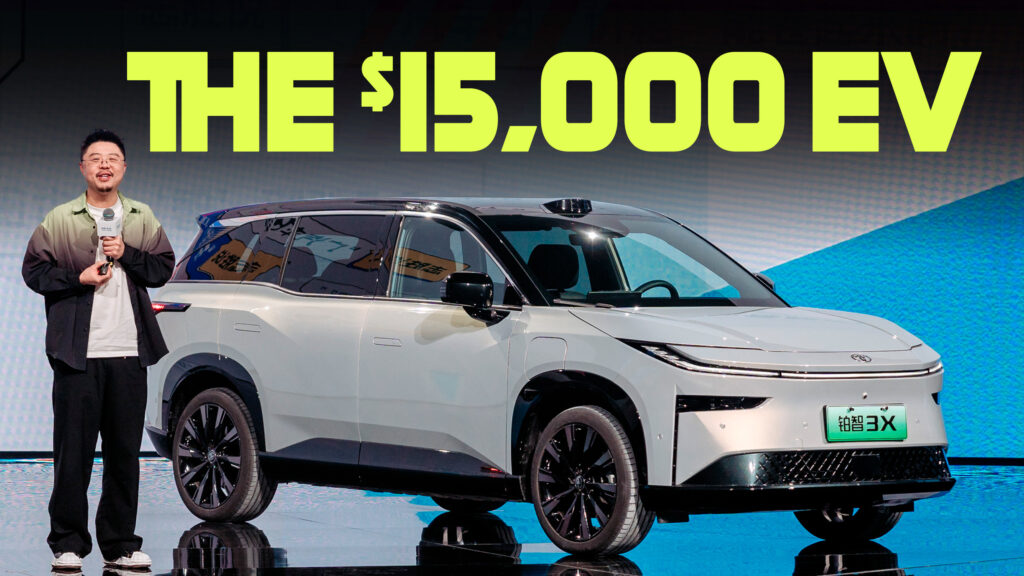Why Toyota Made Its Smallest SUV Faster Than A Sports Car

- All US C-HRs come standard with dual electric motors and can hit 60 mph in 5 seconds.
- European versions will also be sold in single-motor 165 hp and 221 hp configurations.
- Toyota benchmarked rivals and claims this SUV now belongs in the premium group.
Electric cars aren’t exactly uncharted territory anymore, but that doesn’t mean every automaker has found its footing. After years of dominating the hybrid world, Toyota is finally getting serious about fully electric vehicles. Enter the next-generation C-HR, a compact SUV with a much sharper edge than the one you might remember. It’s not just a redesign – it’s practically a reboot, and yes, it’s fast enough to leave Toyota’s own GR86 sports car in the dust.
After easing into the EV market with the awkwardly named bZ4X, now rebranded simply as bZ, Toyota seems determined to make an impression. In developing the all-electric C-HR, the company says it benchmarked the SUV against both mainstream and premium rivals, and confidently claims it now belongs in the latter camp. A substantial 338 horsepower from dual electric motors certainly strengthens that argument.
Read: Toyota’s C-HR Returns To America But It’s Nothing Like You Remember
While recently speaking with Road & Track, the chief engineer for the Toyota bZ and C-HR, Daisuke Ido, acknowledged that adding power boosts the new model’s appeal.
In an interview with Road & Track, Daisuke Ido, chief engineer for Toyota’s bZ and C-HR programs, made it clear the brand is aiming higher. “During benchmarking, we brought some of the competitors into two groups — the normal, let’s say daily use cars, and the premium cars,” he said. “Now, we are in the premium group. The new numbers are more powerful. More power is more appealing.”
That message is echoed by Chad Moore, marketing manager for the bZ and C-HR lineup, who said Toyota is “positioning it as more sporty and fun to drive” compared to the outgoing model. Additionally, he pointed out that Toyota has made it “much more premium inside and outside, not just with the BEV powertrain and the acceleration.”
Toyota says the 338-hp C-HR can hit 60 mph (96 km/h) in a respectable 5 seconds. In Europe, it’ll also be sold in 165 hp and 221 hp configurations, but these models won’t be available in the United States.
Admittedly, the C-HR is far from an outright performance car, like the Hyundai Ioniq 5 N or Kia EV6 GT. It’s more similar to the (larger) EV6 GT-Line AWD, which delivers 320 hp and can hit 60 mph in around the same 5 seconds. That should be more than enough for most shoppers, and there were times not too long ago when those figures were reserved for high-end sports cars.









